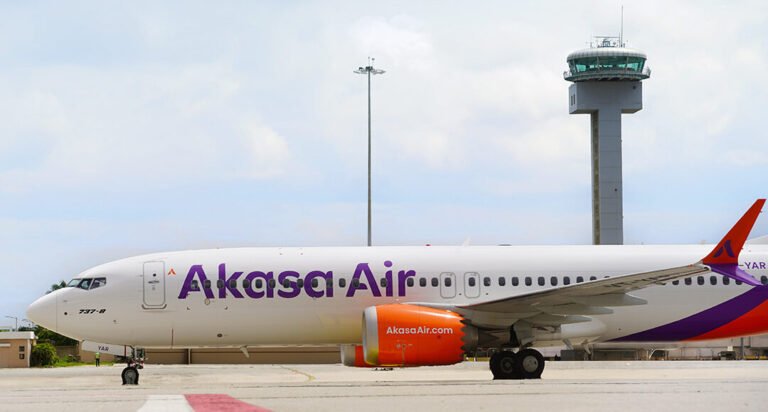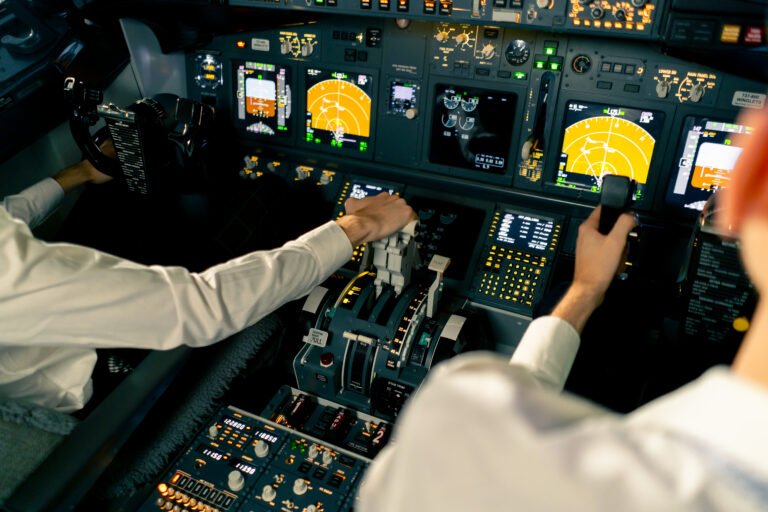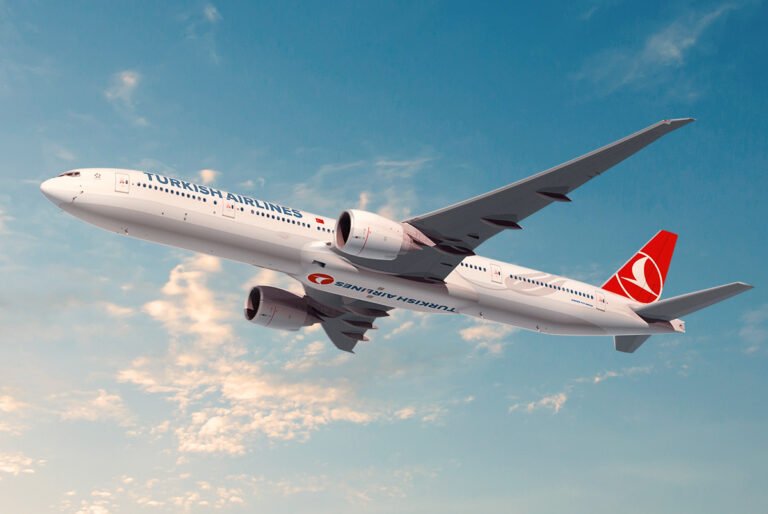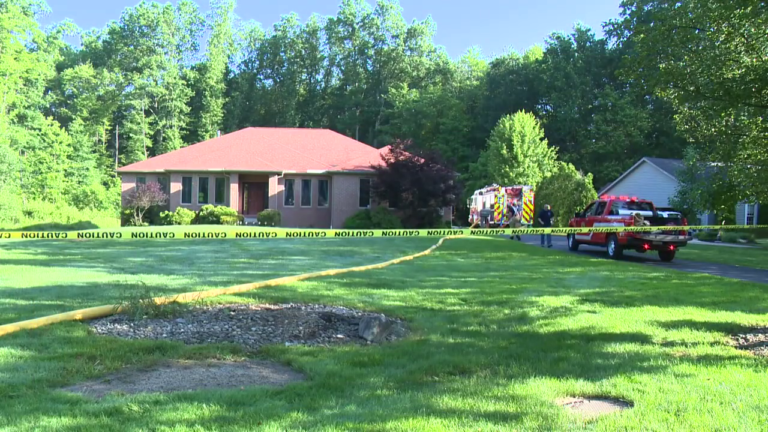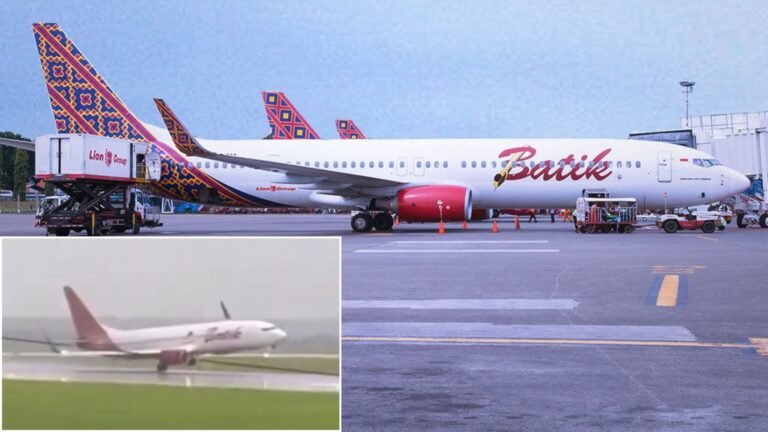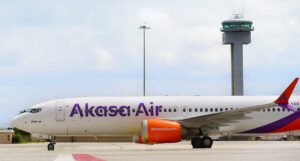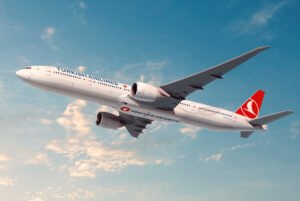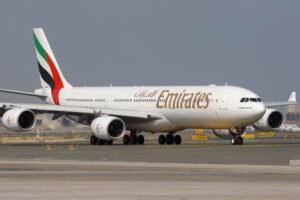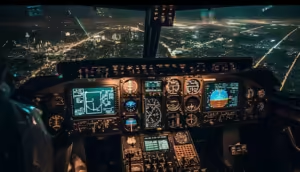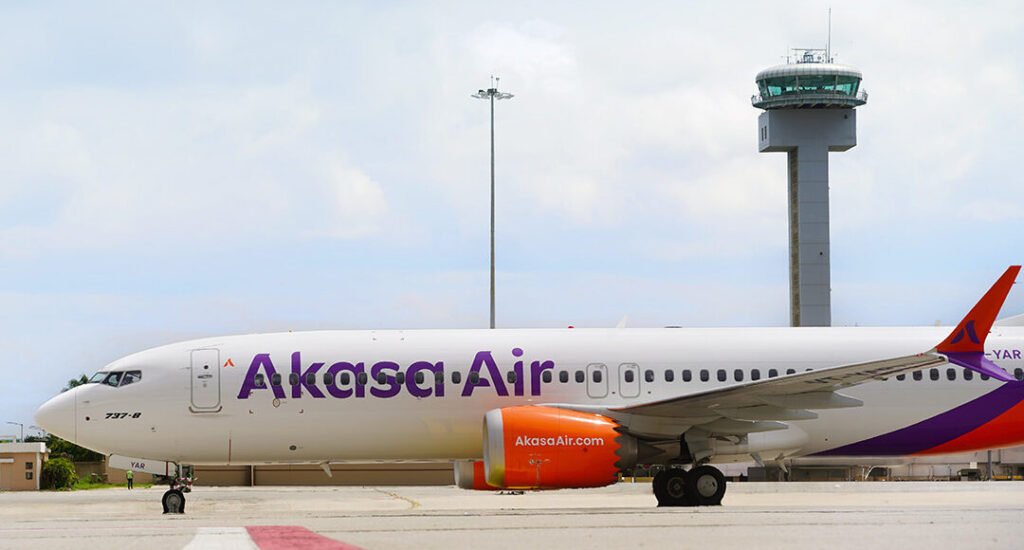
New Delhi, India: The Directorate General of Civil Aviation (DGCA) has issued a directive requiring all commercial pilot applicants to undergo Class-1 medical examinations exclusively at designated Indian Air Force (IAF) Medical Boarding Centres. The mandate, issued on July 2, 2025, is effective immediately and applies to all fresh and renewal Class-1 medical assessments.
Background of the Directive
The regulatory change follows recent concerns related to discrepancies in medical records and the sudden death of an active co-pilot after a scheduled flight. Subsequent investigations reportedly revealed pre-existing cardiac conditions that had not been disclosed or detected during earlier medical assessments conducted at private centres.
In light of these developments, DGCA has moved to centralize and tighten medical oversight by assigning all commercial pilot health evaluations to the Indian Air Force. According to DGCA, this step is intended to ensure a uniform, independent, and higher standard of medical scrutiny for active and aspiring commercial pilots.
Centres Designated for Assessment
As per the directive, the following Indian Air Force centres have been authorized to conduct Class-1 medical evaluations:
- Institute of Aerospace Medicine, Bengaluru
- Air Force Central Medical Establishment (AFCME), New Delhi
- IAM Extension Centre, Jorhat (Assam)
Applicants are required to secure appointments directly with these centres through the designated scheduling system. The DGCA has not currently indicated plans to expand the number of authorized centres.
Procedural Requirements
In addition to undergoing the physical examination at IAF centres, candidates must also ensure that any required supplementary investigations such as blood tests, ECGs, imaging, or specialized evaluations are carried out at NABH-accredited, NABL-accredited, or ISO-certified diagnostic facilities.
Only original reports bearing QR codes or digital verification signatures from the authorized labs will be accepted. These must be submitted to the medical board at the time of assessment. Reports generated from unverified sources or manual entries will not be considered valid for the purpose of medical certification.
Industry Response
The directive has prompted concern from commercial airlines and aviation training organizations regarding the limited capacity of IAF centres and the potential for delays in pilot onboarding and license renewals. The Air Passengers Association of India and several pilot unions have requested consultations with DGCA to address logistical challenges and ensure that medical assessments do not lead to operational bottlenecks.
In a formal statement, the Airline Pilots’ Association of India (ALPA) raised objections over the applicability of IAF medical benchmarks to civilian pilots, stating:
“At the IAF Boarding Centres, the commercial pilots have to undergo medical tests for fighter pilots, who are primarily young (below 40 years). Now, imagine commercial pilots in the age group 55–65 years, required to match these parameters… Why isn’t DGCA following the ICAO medical fitness norms for the pilots?”
Despite concerns, DGCA has reiterated its commitment to ensuring the highest medical standards for flight crew, especially in light of increasing incidences of in-flight medical emergencies involving commercial pilots globally.
Impact on Existing Certificates
According to the notice, the directive applies to all new and renewal Class-1 medicals scheduled after July 2, 2025. Pilots with valid Class-1 medical certificates obtained prior to this date are not required to repeat assessments until their current certificate expiry. However, the next scheduled renewal must be completed at an IAF facility, without exception.

